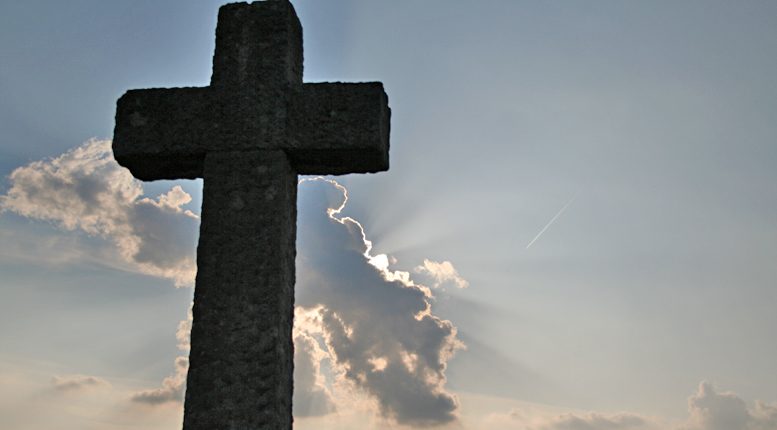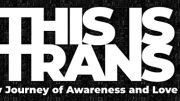By: Paul P. Jesep*/TRT Faith Columnist—
It should be no surprise to anyone. Loneliness and social isolation are a national healthcare epidemic.
According to the federal government’s Health Resources & Services Administration (HRSA), loneliness and social isolation “can be as damaging to health as smoking 15 cigarettes a day … two in five Americans report that they sometimes or always feel their social relationships are not meaningful, and one in five say they feel lonely or socially isolated.”
Left untreated, they impact mental, physical, spiritual, and emotional wellbeing. They can cause or enhance depression or melancholy. Stroke, depression, heart disease, and premature mortality, among other things, can be the result of loneliness and isolation too. Overeating and substance abuse are the readily accessible medications of choice to temporarily escape the void loneliness and social isolation bring. Sometimes, staying in a bad relationship is an unhealthy way to manage isolation and loneliness.
It’s an unwanted part of the human experience. Isolation and loneliness may also result from old age, living a closeted life, fighting a rare disease, or moving to a new location with no friends or family nearby.
You can be partnered and still feel removed and alone. You can be a movie star or a handsome athlete with only fair-weathered friends. You can exemplify success and still feel like an outsider looking in who never belongs.
Even if an out or semi-out LGBTQ+ person is sharing their personhood with the world they can still feel isolated. No one needs to be physically alone to feel lonely or isolated. Our minds can be our greatest prisons.
Some in the LGBTQ+ community may have the added burdens of a disability like autism, deafness, or another seen or unseen challenge.
Isolation and loneliness hit the LGBTQ+ community particularly hard for a variety of reasons. In the LGBTQ+ community, there are higher rates of illness stemming from bullying, ridicule, feeling left out, or disengaged.
The Trevor Project found that 40% of youth have “seriously considered attempting suicide in the past twelve months, with more than half of transgender and non-binary youth having seriously considered suicide.” Suicide among LGBTQ+ youth is well above the national average.
In April 2021, The Rainbow Times cited a study by The Fenway Institute and Massachusetts General Hospital where “82.5% of those who have detransitioned attribute their decision [to detransition] to at least one external factor such as pressure from family, non-affirming school environments, and increased vulnerability to violence, including sexual assault.”
Getting old and being LGBTQ+ can be overwhelming at times. Independently of physical decline and the financial challenges from working less if at all from the aging process, loneliness and a greater awareness of isolation are exacerbated. They can seem cruel.
Michael Hobbes authored “Alone – the Epidemic of Gay Loneliness,” which is worth a careful read because it may speak to everyone reading this column for different reasons. Chances are you’ve experienced loneliness and social isolation at some point in your life, or you may be one of those who are now fighting loneliness.
If you’re happily partnered or have a supportive social network, you have an opportunity to reach out to those who are lonely or isolated (straight or LGBTQ+). A kind word can make a big difference. Lonely and isolated folks are a lot easier to identify than you may realize. Mindfulness will help you identify them.
Although there is no pleasure in loneliness, it can deepen or perhaps teach empathy, compassion, awareness, and even humility. Loneliness can be an inner void, but it need not be spiritual darkness. It can remind us of our humanness to love, laugh, cry, and experience joy and happiness. It gives us depth, perspective, and a reserve of resilience to draw from to help others. It can fuel us to be better today than we were yesterday.
NOTE: Part II of this column series will explore ways to manage and overcome loneliness.
*Paul is a lawyer, personal chaplain, and seminary-trained, ordained priest. He is the author of “Lost Sense of Self & the Ethics Crisis.” He may be reached at Dilovod@aol.com.







